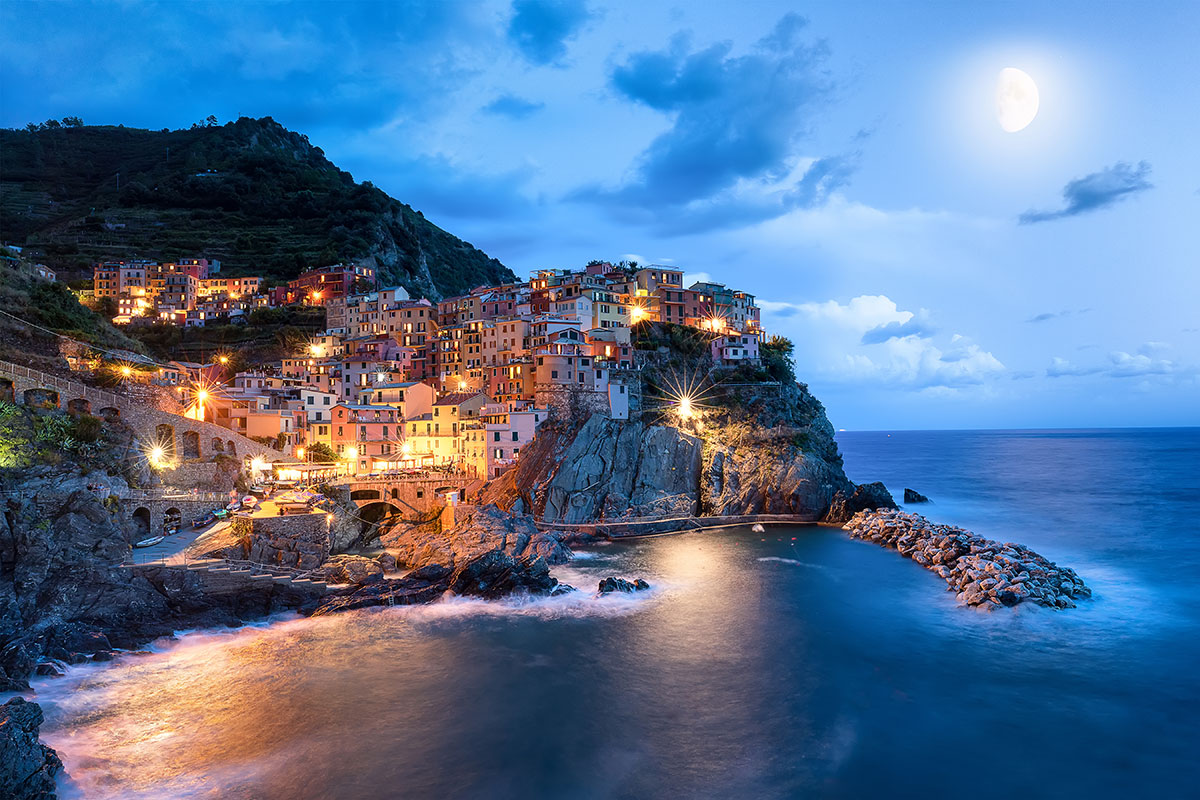Ah, Europe, the home to rich history, varied cultures, and bustling markets. If you’re looking to dive into the very essence of the continent, navigating its markets can be an enlightening experience. But doing it strategically can make the difference between a rushed trip and a memorable journey. This guide won’t just be your standard guide to Europe; it’s a focused delve into getting the most out of your market travels, with a sprinkle of essential travel tips thrown in.
1. Why Markets?
Markets are the lifeline of European towns and cities. From fresh produce, and artisan crafts, to local delicacies, they offer a snapshot of the region’s heart. Visiting these markets provides a tangible connection to the traditions, people, and soul of a place.
2. Planning Your Route
Start with the Notable Ones: Begin with Europe’s famous markets like La Boqueria in Barcelona or the Naschmarkt in Vienna. These markets have earned their reputation for a reason and are excellent starting points.
Consider Off-the-beaten-path Markets: Don’t just stick to the popular ones. Dig a bit deeper to find lesser-known markets like the Aligre Market in Paris or the Töölö Market Hall in Helsinki.
These can give you a more authentic experience.
3. Modes of Travel
Navigating Europe efficiently requires a mix of transportation modes.
Trains: Europe’s train network is extensive and reliable. Opt for a Eurail pass if you’re looking to visit multiple countries.
Car Hire: To reach more remote or less touristy markets, consider looking into car rental deals in Europe. They offer the flexibility to visit places not easily accessible by public transport.
Local Public Transport: Buses, trams, and metros are a boon in major cities. They often provide the cheapest and quickest way to get from one point to another.
4. Timing is Everything
Seasonal Markets: Europe boasts many seasonal markets, especially during Christmas. Plan your trip to align with these if you’re keen on experiencing festive vibes.
Weekly Markets: Most towns have specific market days. Do your research to ensure you don’t miss out.
Avoiding the Crowds: Early mornings are typically less crowded. It’s also when you’ll witness the market come to life, with vendors setting up and locals doing their shopping.
5. Master the Art of Bargaining
While fixed prices are common in many European markets, especially in the north, southern Europe still has pockets where haggling is accepted, if not expected. Be respectful, start by offering a price lower than what you’re willing to pay, and meet the seller halfway.
6. Embrace the Local Flavours
One of the joys of market exploration is the culinary journey. Don’t shy away from trying out local delicacies. Ask vendors for recommendations. They often have fascinating stories behind their products.
7. Stay Connected
It’s essential to have a reliable communication method. A European SIM card or a good roaming plan can be a lifesaver, especially when navigating unfamiliar terrains or translating foreign languages.
8. Secure Your Belongings
Markets can be busy, making them potential hotspots for pickpockets. Always be vigilant, use a money belt, and avoid displaying signs of wealth.
9. Respect Local Culture
Always remember, while markets are places of commerce, they’re also often steeped in tradition. Be respectful. Learn a few phrases in the local language, a simple ‘thank you’ can go a long way.
10. Accommodation Strategy
Staying near transport hubs can save time and money. However, consider occasionally splurging on accommodation in towns famed for their markets, ensuring you get the full experience without the rush.
11. Going Beyond Buying
While purchasing unique products is a market highlight, the experience is not just about transactions. Engage with the vendors, ask about the origin of their goods, and immerse yourself in the ambience. This interaction often results in more enriching memories than the products themselves.
In Conclusion
Europe, with its mosaic of cultures and traditions, offers an eclectic array of markets waiting to be explored. By travelling strategically, not only do you save time and money, but you also enhance the quality of your experiences. Remember, it’s not just about ticking off a “Guide to Europe” list. It’s about immersing yourself in the spirit of each market, embracing the local vibes, and taking a piece of Europe with you in memories and perhaps a souvenir or two. Safe travels and happy market hopping!







Leave A Comment